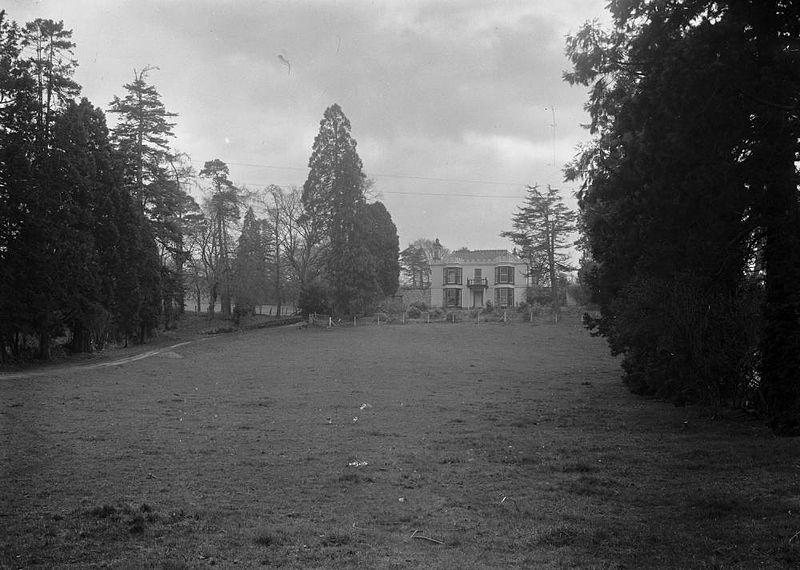
‘She was eighteen when she went to Pontnoyadd fair and fell in love with Penry Price, son of Rhosferig.’
So begins the story proper of Megan of Cwmbach Farm in ‘A Thing of Naught’ by the Welsh novelist Hilda Vaughan.
Hilda was a successful writer from the 1920s to the 1950s. Her novels, short stories and plays are mainly set in the Welsh countryside, more precisely the Radnorshire/Breconshire border country where she was born and raised. Her father, a country solicitor, was descended from a land-owning family; her mother, a London socialite, was from a family of Scottish landowners. Despite her privileged background, or perhaps because of it, Hilda identified with the working class agricultural communities of the Mid- Welsh countryside. Her novels depict the struggles of the working community, the effect of social class and gender and the dual English/Welsh culture of the place and period. Her portrayal of the Welsh countryside places her alongside Thomas Hardy, the Brontes and Howard Spring as a writer of place’.
Much of her work is set in her beloved Radnorshire / Breconshire birthplace and this area close to the Welsh / English border, with its dual cultural influences, informs much of her writing.
Th0ough the Welsh landscape features in all of Hilda’s novels she left Wales for London in the early nineteen twenties to study writing at Bedford College. She married Charles Langridge Morgan, playwright, novelist and drama critic for The Time in 1923. As his wife she moved in illustrious circles both in London and in Wales. The nineteen twenties and thirties were the most productive of her career; between 1925 and 1931 she published seven novels.
As a young, single woman Hilda had been active in the Radnorshire war effort during the first world war, volunteering as a nurse at the Red Cross Hospital in Builth Wells, serving in the Women’s Land Army and canvassing for the formation of Womens’ Institute branches in Builth and neighbouring Erwood. As a mother she chose to spend the years of the second world war in America with her two children while her husband served a a gunner in the Royal Navy. During these years she published two more novels, ‘The Fair Woman’ and ‘Pardon and Peace’.
The second half of the twentieth century saw Hilda’s writing fall into critical neglect, in part due to her elevated social class, which distanced her work from that of many of her Welsh contemporaries. Vaughan was a Welsh writer, writing in English, who lived for the majority of her life in London. She wrote novels that depicted the lives of working-class agricultural communities, though she was herself descended from the class of small-landowners, her novels celebrate Welshness and yet are written in English. She was ‘too Welsh for the English, too English for the Welsh’.
The Castle, Builth Wells

Hilda Campbell Vaughan was born on June 12th, 1892. Her parents, Eva and Hugh Vaughan Vaughan resided at Castle House, Builth Wells, a small market town on the Radnorshire/Breconshire border. Her mother, Eva, was from a landed family, the Campbells, from Dunvan, Argylleshire. The family also had a residence in London and Eva was a prominent London socialite.
Hilda’s father had been born Hugh Vaughan Thomas, the son the Reverend Thomas Thomas of Disserth. Educated firstly at Disserth School and later at Christ’s College, Brecon, Hugh Thomas was then articled to a Hereford solicitor. Upon qualifying he set up a legal practice in Rhayader. In 1885 Hugh inherited his Uncle James Vaughan’s legal practice in Builth Wells on condition that he adopt the surname Vaughan.
Hilda was educated at home.